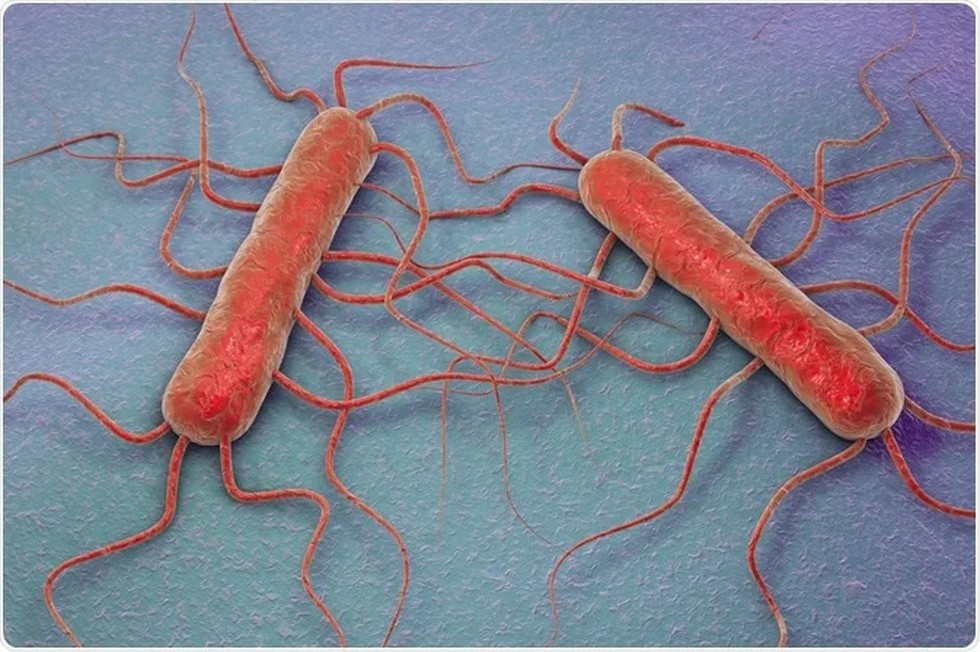
About Listeriosis:
New data from the NOvA experiment dee...
Scientists have recently discovered a...
The Prime Minister is set to visit Ka...
Israel Aerospace Industries (IAI) rec...
State of the World’s Forests 2024, re...
Reports have suggested that tablets t...
Recently, Bolivia became a full time ...
The Indian Army contingent departed f...
Two separate outbreaks of listeria, a...
In Japan, researchers are feeding veg...